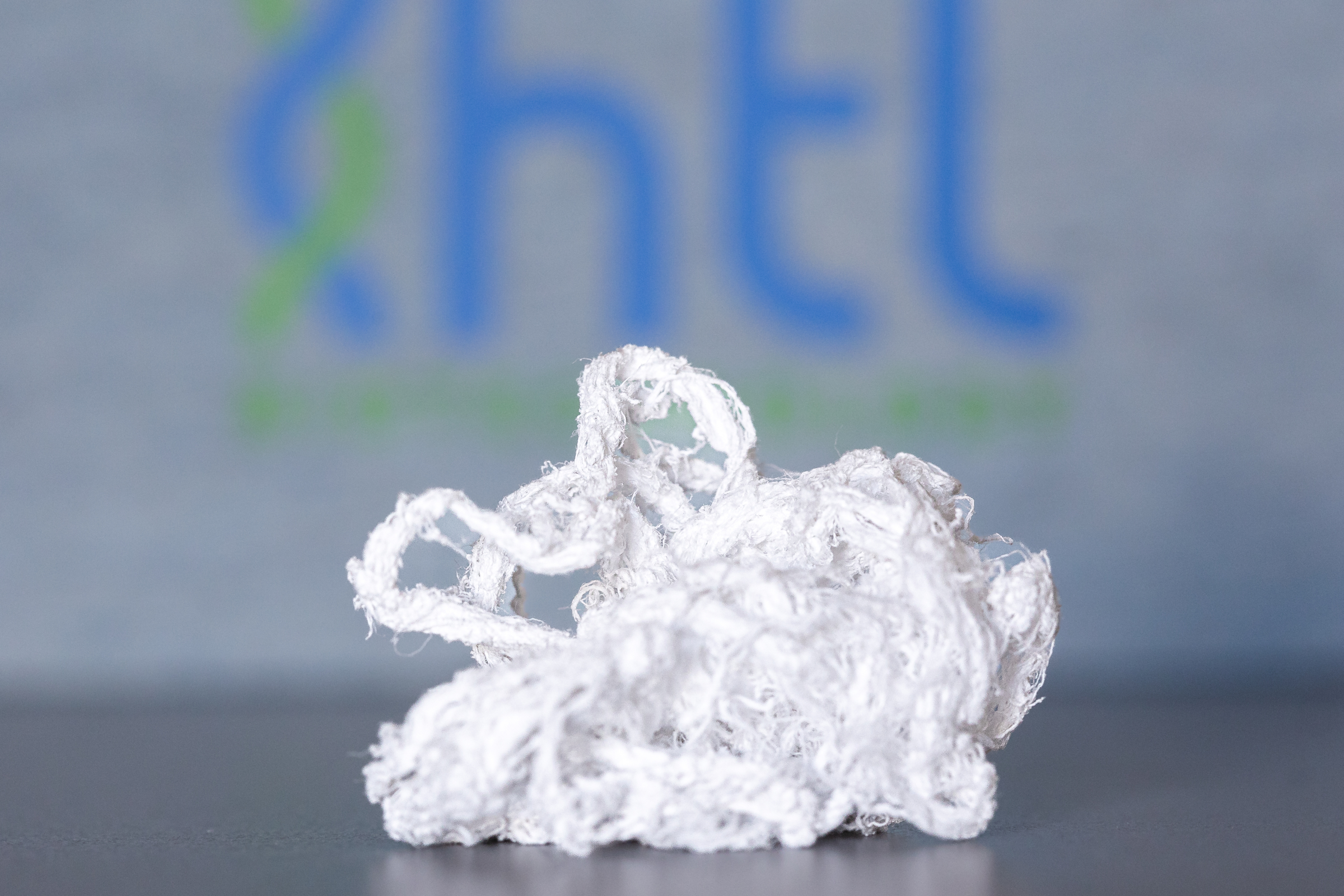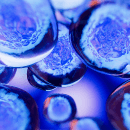Release of our first CSR Report!
We’re excited to announce the publication of our first CSR Report!
HTL Biotechnology is a french manufacturer of pharmaceutical grade Hyaluronic Acid (Sodium Hyaluronate). Our natural origin HA has been recognized on the market for its premium quality. Our wide range of molecular weight and flexible supply support the evolving needs of the medical devices and pharmaceutical industries.
Features
Advantages

Applications

OPHTHALMOLOGY
Cataract surgery
Dry eye

AESTHETICS
Dermal filler
Skin rejuvenation

DERMATOLOGY
Wound healing

RHEUMATOLOGY
Visco-supplementation

DRUG DELIVERY

REGENERATIVE MEDECINE